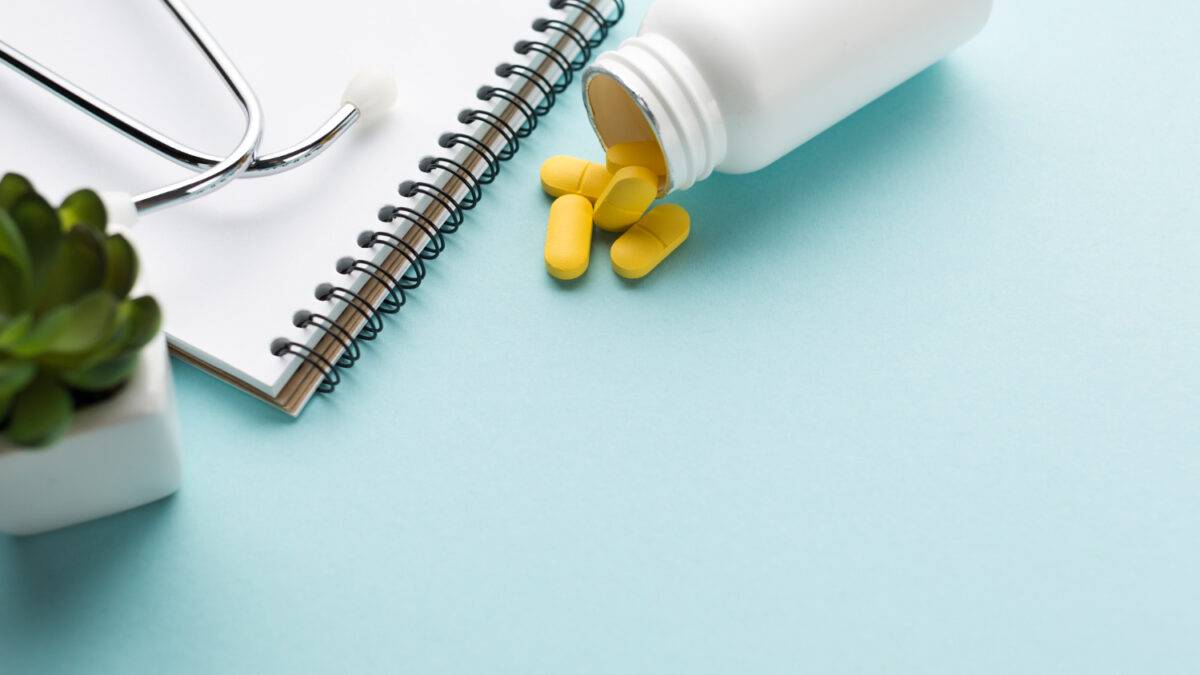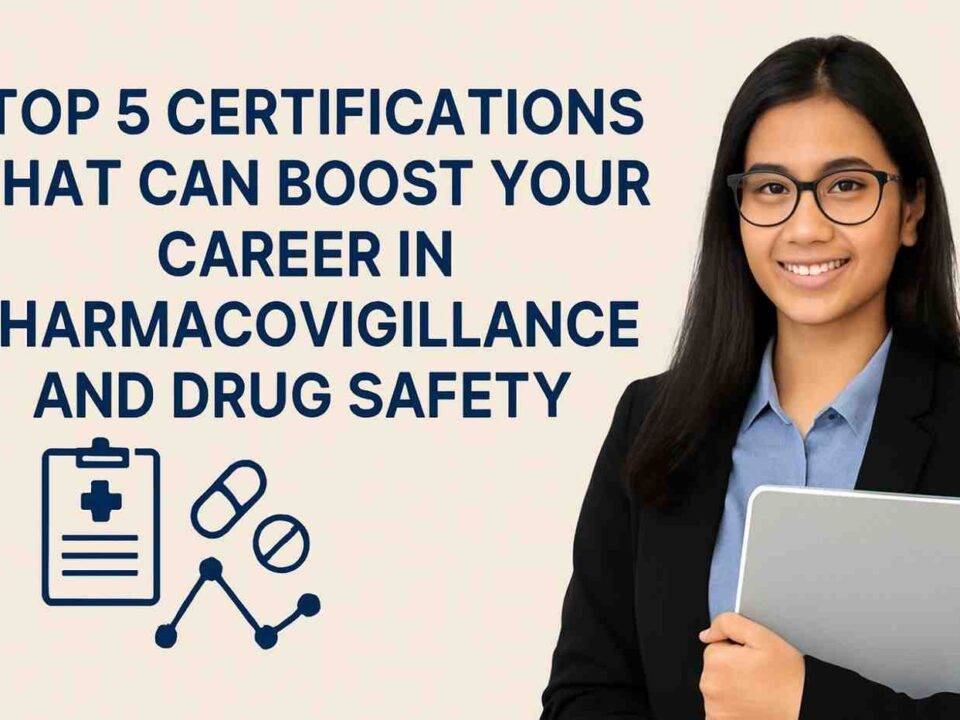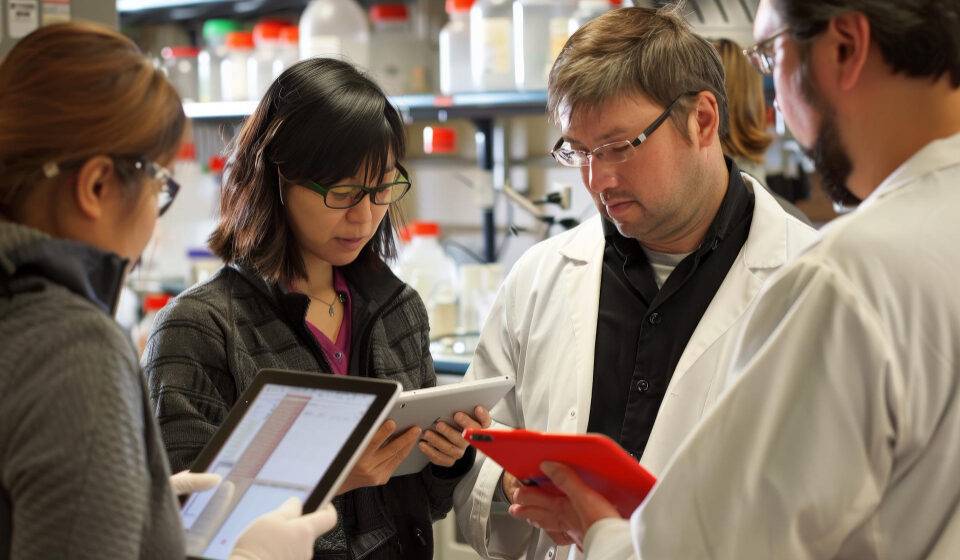
The critical aspects of the pharmaceutical industry are Drug safety and pharmacovigilance focusing on the detection, assessment, prevention, and monitoring of adverse effects associated with medications. The goal is to ensure that the benefits of a drug outweigh its risks, safeguarding public health throughout the lifecycle of the medication, from clinical trials to post-market use.
- Drug Safety– The practice of ensuring that medications are safe for patient use by identifying, analyzing, and managing potential risks associated with pharmaceutical products. Drug safety professionals are responsible for evaluating adverse reactions, understanding risk factors, and implementing safety measures.
- Pharmacovigilance (PV) – The scientific discipline specifically aimed at the collection, monitoring, assessment, and prevention of adverse side effects of medicines.
It encompasses a wide range of activities, including:
- Specialized Expertise and knowledge in Drug Safety, adverse event reporting, and risk management. This expertise is crucial in ensuring that medications are safe for public use and meet regulatory standards.
- Compliance with Regulatory Standards including the FDA, EMA and other global regulatory bodies. This knowledge ensures that drugs adhere to safety regulations, making you a valuable asset to pharmaceutical companies.
- Contributing and protecting to Public Health by monitoring and evaluating the safety of drugs to prevent any harm from medications. They also ensure that drugs on the market are safe for consumption.
- Growing Industry Demand for pharmacovigilance professionals to oversee safety protocols with excellent job prospects. This is due to the growing demand in the pharmaceutical industry.
- They have a Versatile Career Path combining science, communication, and regulatory affairs. Graduates can work in various sectors, including pharmaceuticals, biotechnology, clinical research organizations (CROs), and government agencies.
- There are great opportunities for Career Growth preparing you for advanced roles, such as risk management lead or drug safety officer, with opportunities to move into senior management or leadership positions over time.
- Pharmacovigilance skills are in demand globally as graduates have opportunities in international organizations and work across various countries with major pharmaceutical hubs.
What are the Career Opportunities After Graduating from a Drug Safety and Pharmacovigilance Program?
There are ample career opportunities and roles that provide a strong foundation for long-term career growth and the potential to impact drug safety on a global scale. Let’s look into some of the major roles after graduating from drug safety and pharmacovigilance program:
- Pharmacovigilance Associate
- Drug Safety Specialist
- Risk Management Specialist
- Pharmacovigilance Officer/Manager
- Medical Reviewer
- Regulatory Affairs Specialist
- Clinical Safety Scientist
- Pharmacovigilance Consultant
- Quality Assurance Auditor (Pharmacovigilance)
- Signal Detection Specialist
In conclusion, a career in drug safety and pharmacovigilance offers promising opportunities for individuals passionate about improving public health and ensuring the safe use of medications. The demand for skilled professionals in this field is on the rise, as this industry continues to grow and regulatory standards tighten. Individuals in pharmacovigilance play a crucial role in monitoring, assessing, and preventing adverse drug reactions whether working in regulatory agencies, pharmaceutical companies, or research organizations.This career path offers job security,growth and a rewarding chance to contribute to patient safety and public health globally.



